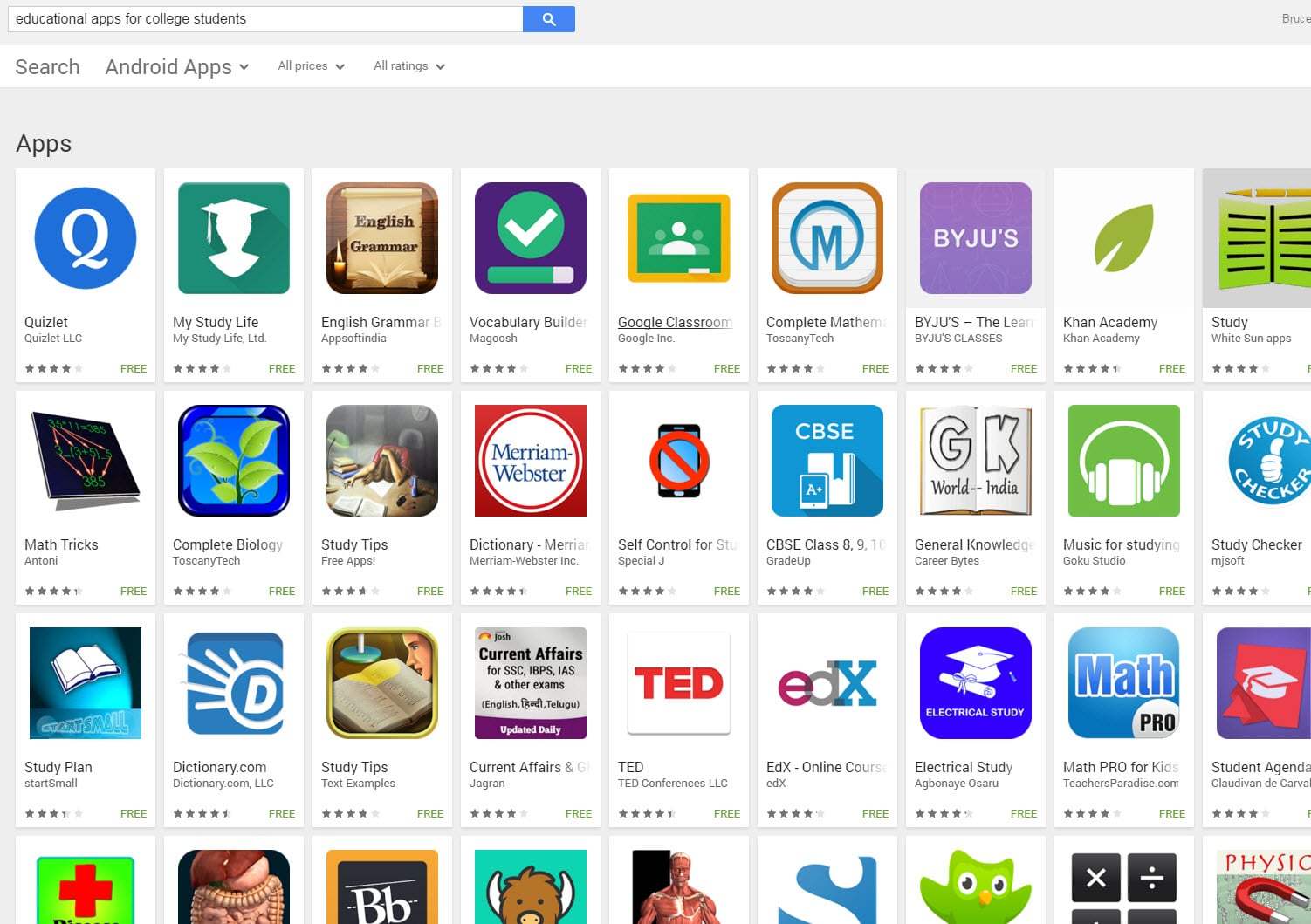Youth Unleashed
Exploring the vibrant voices and trends shaping the youth culture today.
Learning Made Fun: The Surprising Secret Behind Educational Apps
Discover how educational apps are transforming learning into an exciting adventure—unlock the secret to engaging education today!
Unlocking the Power of Play: How Educational Apps Engage Young Minds
The rise of educational apps has transformed the way children engage with learning, tapping into the power of play to boost cognitive development. Unlike traditional teaching methods, these apps create an interactive environment where young minds can explore new concepts in a fun and engaging manner. By integrating elements such as games, challenges, and rewards, these applications not only hold children's attention but also foster critical thinking skills. Furthermore, many apps are designed to adapt to each child's learning pace, providing personalized experiences that can significantly enhance their educational journey.
Moreover, the use of play-based learning in educational apps encourages collaboration and social interaction among peers. As children navigate through various activities, they often find themselves engaging in teamwork, boosting their communication skills and promoting the sharing of ideas. This holistic approach not only makes learning enjoyable but also instills a sense of accomplishment in young learners. As we continue to explore the potential of technology in education, it's clear that the power of play is a vital ingredient in developing the minds of future generations.

The Science of Learning: What Makes Educational Apps Effective?
The effectiveness of educational apps lies in their ability to harness effective learning principles supported by cognitive science. One key factor is the incorporation of adaptive learning techniques, which personalize the educational experience based on individual user performance. This customization can enhance engagement and retention, as users are more likely to remain motivated when the content aligns with their skill level and learning pace. Additionally, the use of gamification elements, such as rewards and challenges, can turn learning into an enjoyable experience, further increasing user motivation and participation.
Another important aspect of successful educational apps is their ability to promote active learning. By encouraging users to interact with the material through quizzes, interactive exercises, and simulations, these apps help solidify knowledge and foster critical thinking skills. Moreover, feedback mechanisms that provide instant, constructive responses greatly contribute to user learning. When learners understand their mistakes immediately and receive guidance on how to improve, they are more likely to retain the information and succeed in their educational pursuits.
Do Educational Apps Really Enhance Learning? Here's the Evidence!
In recent years, educational apps have gained immense popularity among students and educators alike. Many parents and teachers are turning to these digital tools to supplement traditional learning methods. A report by researchers shows that apps can significantly enhance engagement and motivation in students. For example, gamified learning platforms encourage students to complete lessons while earning rewards. Additionally, personalized learning experiences in these apps can cater to individual learning paces, making it easier for learners to grasp difficult concepts.
However, the question remains: do educational apps truly enhance learning outcomes? Some studies indicate that using these tools can improve skills such as critical thinking and problem-solving. A notable example is a study that found that students using math-focused educational apps scored higher on tests than those who relied solely on traditional study methods. Nevertheless, it's essential to recognize that while apps can be beneficial, they should not replace direct interaction and supervision from teachers to ensure a well-rounded education.